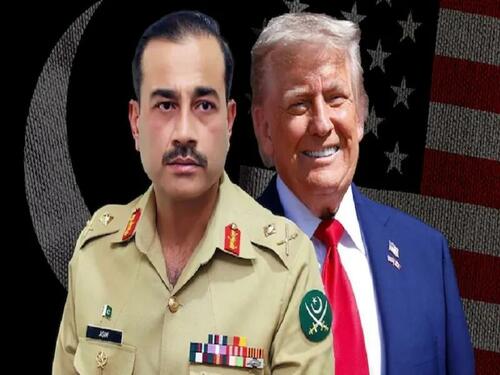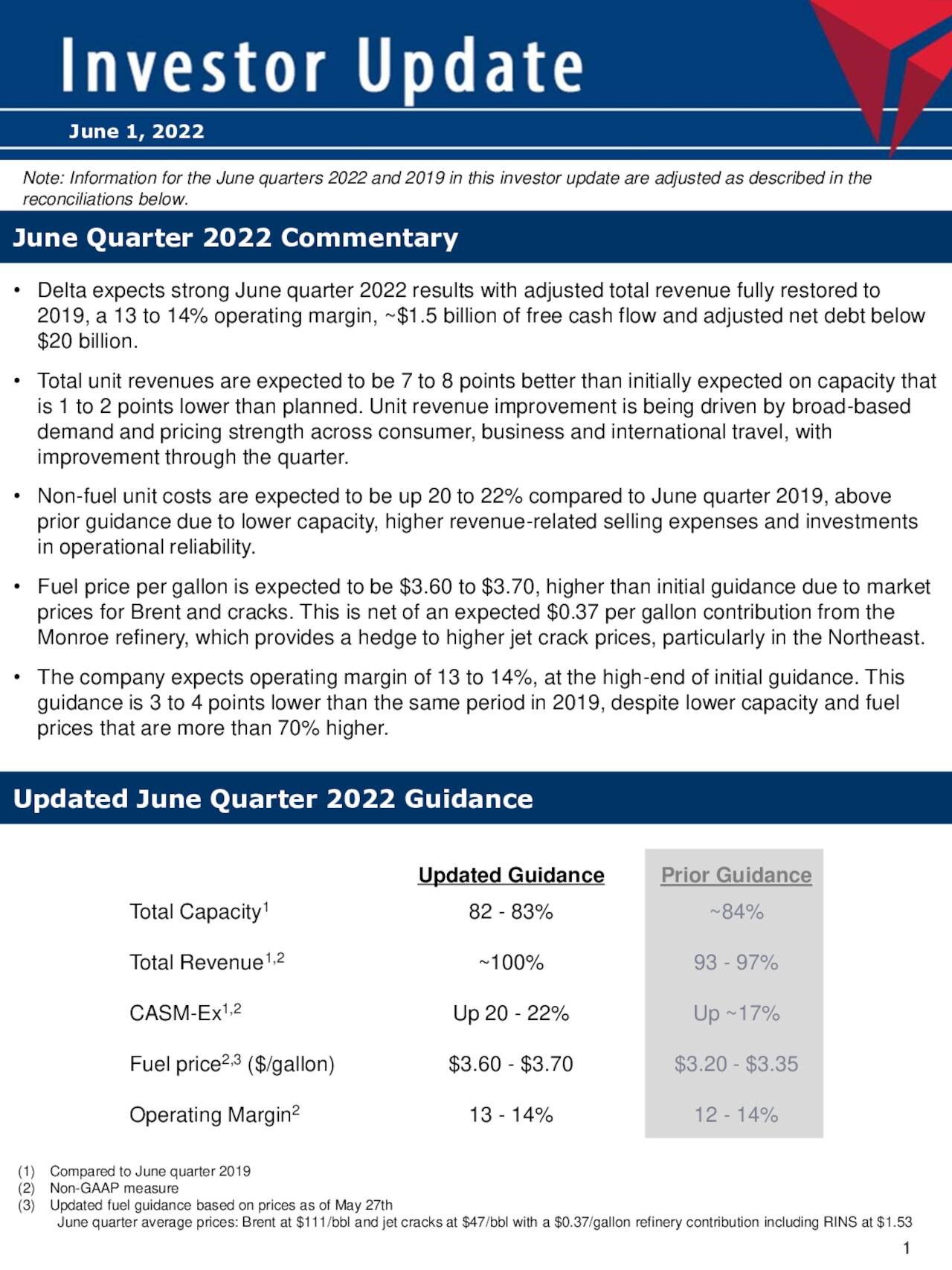Even as anticipation grows ahead of the India-Pakistan T20 World Cup face-off on Sunday, fireworks have already been set off. We’ve seen flares emerge from the sport’s administrative corridors on both sides. A statement by Jay Shah, secretary of the Board of Control for Cricket in India (BCCI) and president of the Asian Cricket Council, that next year’s Asia Cup contest will be held at a “neutral” venue instead of Pakistan, which was to play host, has caused consternation across the border and left the Pakistan Cricket Board (PCB) so peeved that it sent up its own flare: a threat to pull out of the 50-overs World Cup that India is scheduled to hold in 2023. Cricketers have also jumped into the fray, with former Pakistani batsman Shahid Afridi lashing out at the BCCI. All this, even as watchers of cricket as a business look for signs that no such mutually assured destruction of revenues will actually occur. India-Pakistan matches, after all, are top-billed affairs in terms of eyeballs and advertising.
Before this exchange of heated missives can escalate into a full-blown row, we should press pause and attain clarity on playing cricket with Pakistan. Given our strained relations, bilateral series played in each other’s stadiums were called off about a decade ago, but without disrupting matches in multilateral tournaments under the aegis of the International Cricket Council (ICC), which made these especially prized events for advertisers. Multiple-team contests held across the border, though, might have been left in a grey zone. Today, the BCCI’s clout in world cricket is beyond dispute, and since it had a say in the Asia Cup’s award to Pakistan, a change in plan would indicate a sudden shift in India’s stance. On Thursday, sports minister Anurag Thakur alluded to security concerns, saying the home ministry would take the final decision. With Pakistan having recently hosted Australia and England, the PCB is trying to redeem an image that took a hard knock in 2009 when a visiting Sri Lankan team suffered a terror attack in Lahore. If risk levels are still deemed high by our intelligence agencies, then it’s another matter, with its own set of protocols. But the BCCI secretary spoke about where the Asia Cup should be held, which portrayed the event as dependent on an Indian preference. While the money generated by Indian cricket fans may give us heavy influence over key decisions of the global cricket calendar, stability in expectations must not lose out. As in any other field, sustaining the commercial success of cricket calls for an even pitch to be kept.
For that, India’s position on cross-border cricket relations should stay steady, or at least not get any stiffer. If we have had no qualms playing Pakistan in Dubai, many wonder, why should there be a problem doing the same in, say, Karachi or Mumbai? On the field, it is a contest of bat versus ball and the geography of it does not matter. Only the spirit of the game does. Yet, any square-off with Pakistan in an arena as high-profile as cricket cannot just be about sports, as fans of the game would have to admit, even if reluctantly, given our history. So it is unrealistic to keep cricket fully insulated from political calculations. Yet, it has also been one of our few means of mutual engagement over the decades. With all the viewership it gets, it could serve as a good patch-up vehicle. If that’s too big an ask, given the two countries’ state of ties right now, a clearly stated position on India’s part would certainly help.
Download The Mint News App to get Daily Market Updates.
More
Less
















